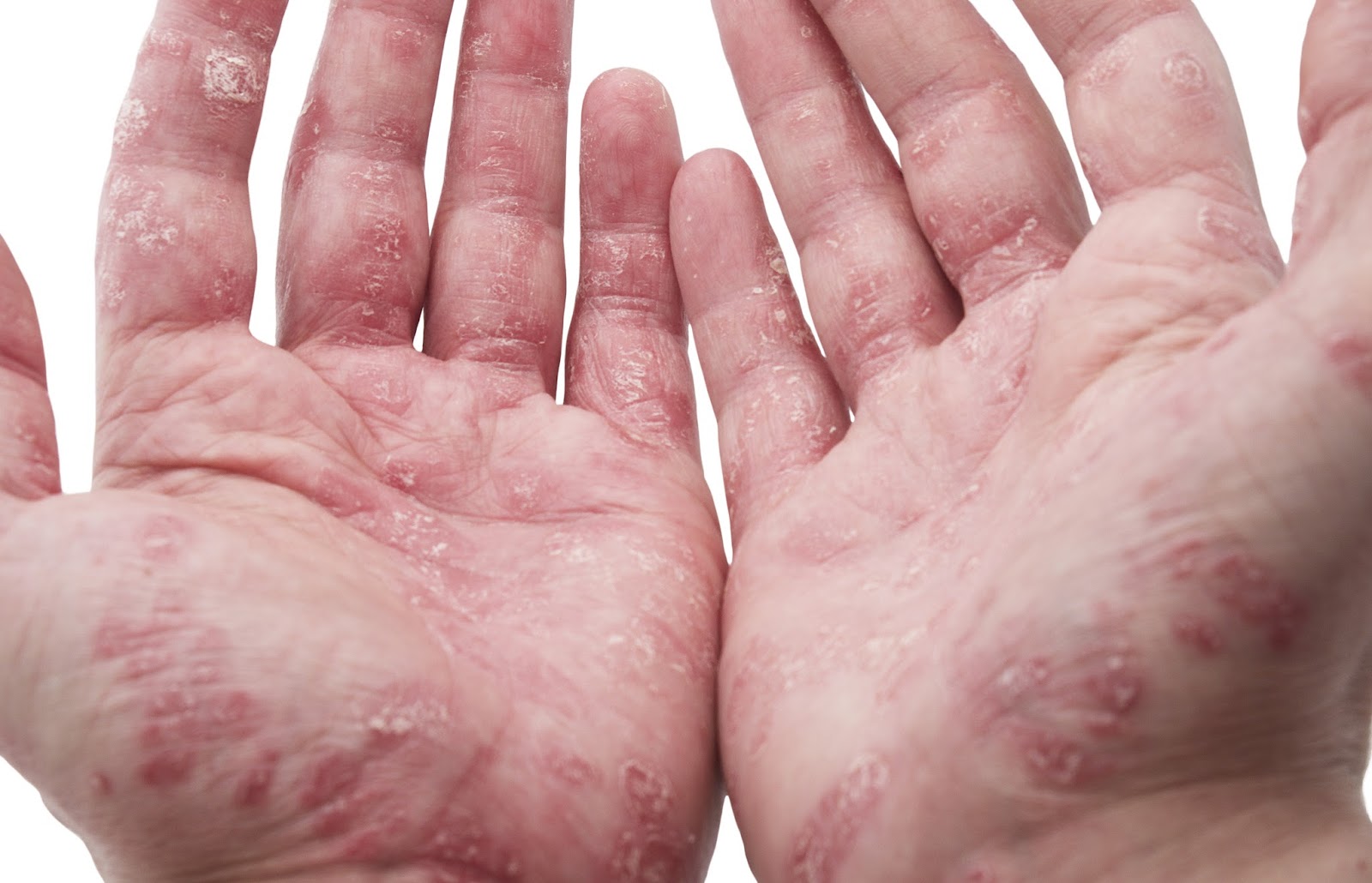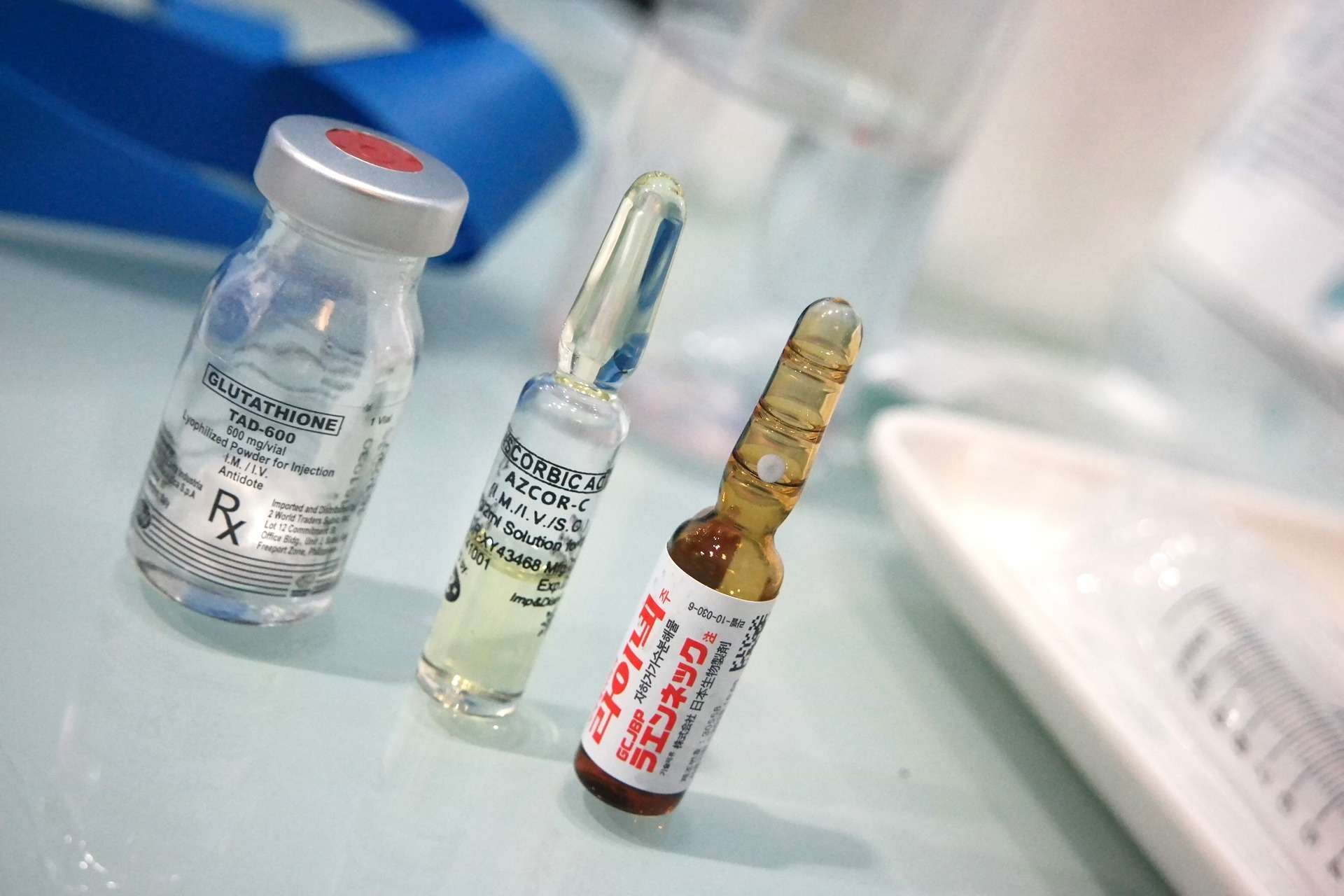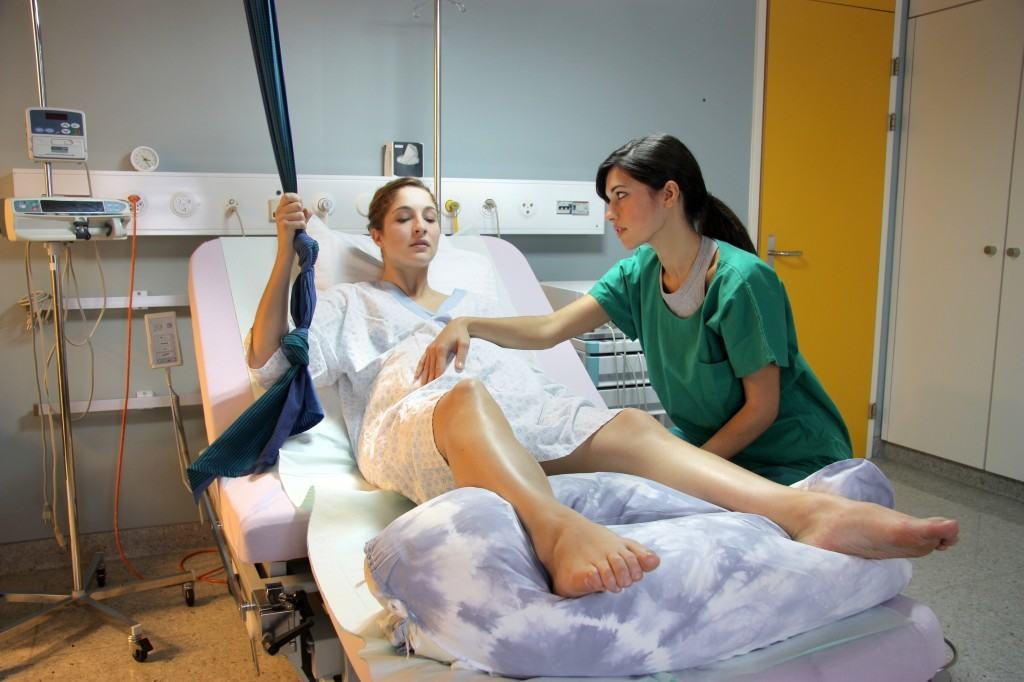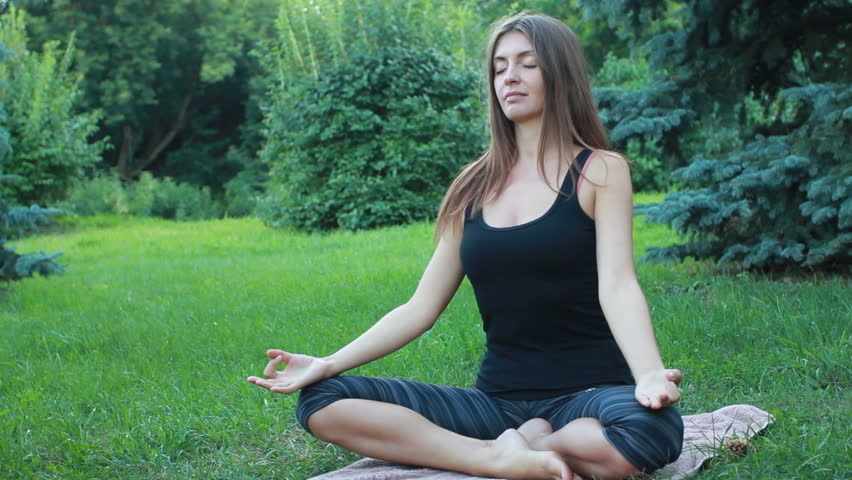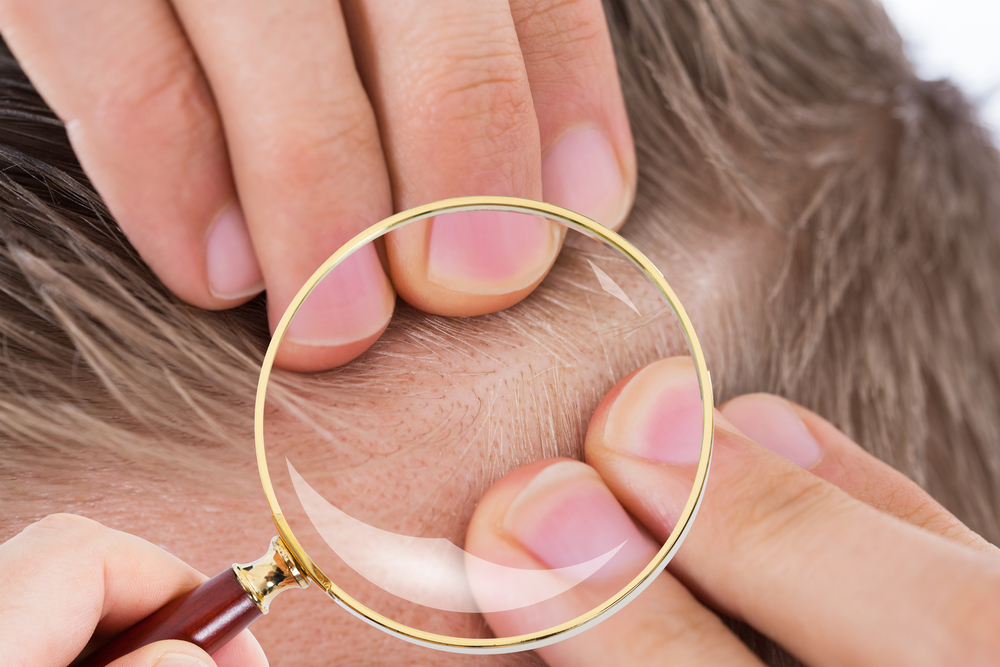Contents:
- Medical Video: 3 tips for winter Psoriasis flare ups - Dr. Surekha Tiwari
- What is psoriasis?
- What are the effects of weather on psoriasis?
- Hot weather effects in psoriasis
- Cold weather effects in psoriasis
Medical Video: 3 tips for winter Psoriasis flare ups - Dr. Surekha Tiwari
Psoriasis is a skin problem that can be caused by many things. Psoriasis treatment needs to be done to help soothe and reduce skin inflammation so that psoriasis does not worsen. One of the things that can affect psoriasis while helping to cure or even make psoriasis worse is the weather. What are the effects of weather on psoriasis?
What is psoriasis?
Before knowing how the weather effects psoriasis, you should first know what psoriasis is. Psoriasis is an autoimmune disease that changes the life cycle of skin cells. People with psoriasis have a faster cycle of skin growth and replacement. As a result, skin cells accumulate on the surface of the skin, making the skin thicker, arising, silvery scaly, dry red patches, inflamed skin, and sometimes painful.
The part of the skin that is usually affected by psoriasis is the outside elbow, knee, scalp, and nails. Psoriasis usually affects adults, both men and women. While young children, especially those under 10 years old, usually never experience psoriasis.
What are the effects of weather on psoriasis?
Weather can make psoriasis worse or vice versa can help cure psoriasis. This seems to be related to your immune system. Your immune system can show different reactions depending on the weather, where you live.
Hot weather effects in psoriasis
Hot weather can actually help cure psoriasis if used properly. The presence of natural sunlight containing UV light (especially UVB) and warmer weather can help relieve psoriasis symptoms. Sunlight can act as an immunosuppressive which suppresses the work of the immune system, so that skin growth becomes somewhat slower.
However, that does not mean you have to constantly expose your skin to sunlight. Too long to spend in the sun can actually make skin damage worse.
UVA rays can cause skin damage, such as wrinkled skin, damage to blood vessels, sagging skin, and skin spots. Meanwhile, UVB rays can cause skin burns and can increase the risk of melanoma skin cancer.
To prevent this, you are advised to bask in the sun in a short time every day, 5-10 minutes is enough for you. Don't forget to apply sunscreen on areas of the skin that aren't affected by psoriasis before you sunbathe so you avoid skin damage and cancer. And, wear clothes made of cotton to more easily absorb sweat and prevent you from itching on the skin.
Cold weather effects in psoriasis
In contrast to hot weather, cold weather can actually make psoriasis worse. When the weather is cold, there is a decrease in humidity and the temperature gets colder. As a result, your skin will be drier. UVB rays from the sun that can be used to cure psoriasis also decrease during cold weather. This makes psoriasis worse.
So that psoriasis doesn't get worse in cold weather, it's best to keep your skin moist. Use a skin moisturizing cream to prevent your skin from drying out. Skin moisture is very important to soothe psoriasis skin.
Humidifiers may also be needed to maintain the humidity of the room, especially the bedroom. Moisture in the room also needs to be maintained so that your skin does not dry out. Placing live plants in your room can also help increase the humidity of the room.

